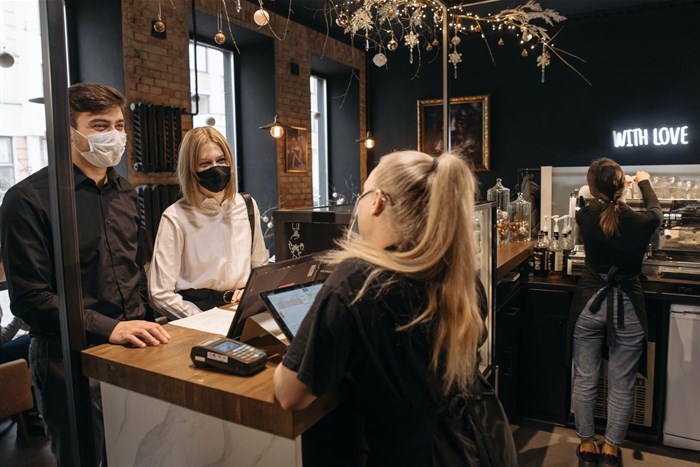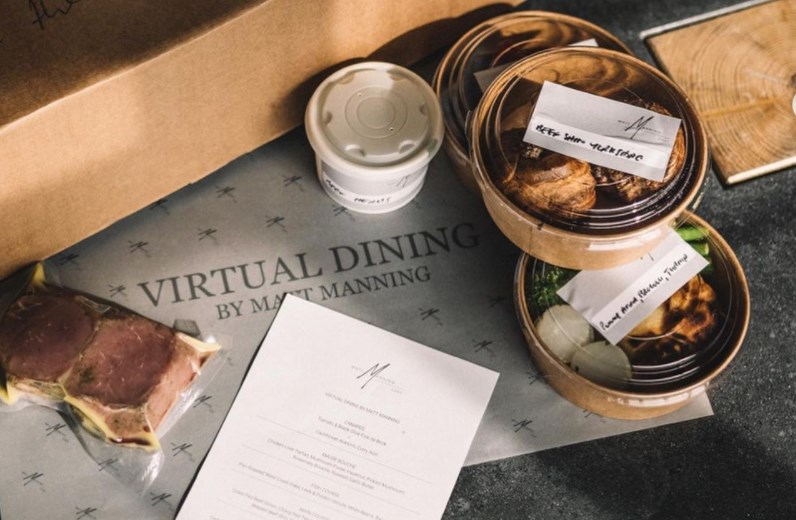
Top stories






More news

















Logistics & Transport
Uganda plans new rail link to Tanzania for mineral export boost








We have seen a slew of well-loved restaurants close doors recently and one can only be deeply saddened to think of all the lives negatively affected by their closures.
“Dire findings were reported for the food and beverage sector, down 36,3% in November 2020 compared with November 2019. Despite the reintroduction of alcohol sales during this period, the largest decrease was recorded for bar sales (-54,3%), while restaurants and coffee shops were the biggest contributor to the decline (-51,3%), followed closely by catering services (-50,3%).”
Furthermore, the income figures released by Stats SA do not reflect the number of hospitality businesses that have had no choice but to close doors.
"The real figure is even more alarming, even though the hospitality industry is theoretically open, the constraints – which include tourist attractions such as beaches being closed, the reduction in the number of patrons allowed, reduced operating hours and the ban on the sale of liquor – make it financially unviable for many businesses to continue to operate,” adds Anderson.Without alcohol or tourism, our revenue has taken a significant knock. In terms of reservations, we are down 85% last year. In our industry, busier summer months subsidise our quieter winter season, and without this buffer, the restaurant closures will continue. It's heart-breaking, seeing some of my best-loved restaurants – Cape Town institutions like La Mouette, La Tete and Upper Bloem – all close around us,’’ comments Matt Manning of Grub & Vine.Restaurants and wine farms are continually scrambling and ‘pivoting’ to innovate, support their staff and keep afloat in an arena where the rules seem to be constantly changing. We may not be able to predict how and when things may return to a more stable way of life and how the government may react and when they will buckle down or ease up on restrictions but there are still a few ways we can help support our local restaurants and wine farms safely and responsibly.

Here are seven easy ways to help these struggling industries:
Help cash flow for wine estates and restaurants by purchasing vouchers and wine to be claimed at a time once it is safe and legal to do so. Many wineries are currently offering buy-now-claim-later deals on some outstanding wine at some seriously great prices.
CyberCellar director, David Cope, shares that: “While it's a stressful time for anyone in wine retail, CyberCellar is proactively engaging with our customers, creating unique offers to encourage support and pre-orders that we can dispatch as soon as the ban ends. A ban is always an unfortunate situation but thankfully we can use the time to curate our offering, introduce new ideas and plan for the year ahead.”
Feel too nervous to venture out to sit-down restaurants? Then perhaps try ordering one of the many fine-dining meal delivery kits currently on offer. Prepare dishes in the comfort of your own home often guided virtually by some of SA’s top chefs. Just perfect for a special occasion celebration at home.
Grub & Vine, The Pot Luck Club and La Colombe are just a few of the restaurants offering dine-in and virtual dining delivery meal kits.

Cut out the middleman and rather order directly from your favourite restaurant so they don’t lose out from having to pay middleman fees to delivery companies.
Business Insider reported that: “Uber Eats and Mr D Food ask outlets up to 30% commission on each meal or on their platforms to cover operational costs – even as they ask those restaurants to charge the same as they would in-store.”
Even though wine cannot be served currently, don’t forget about the outstanding meals you can still enjoy at these estates and farms.
The low- and no-alcohol trend is most definitely on the rise, even more so now because of the alcohol ban, and wine farms are fast-tracking supply to this market. Support your favourite wine, spirits and beer brands by purchasing their non- and de-alcoholised offerings.
Be it food products, fast food restaurants, coffee shops etc., where possible put a hold on supporting the big international franchises and rather look to buy from local equivalents.
Every like, comment, review and share help and can help spread the deals and visibility for struggling establishments.
As consumers, we have a powerful and free way to support our struggling estates. By simply taking to our own social media platforms and sharing the stories of our favourite wines – why we love them, the story behind the brand, how we came across them, etc. – we invite others into that narrative. Since studies have shown that user-generated content is always a more powerful hook than content from brands themselves, we’ll hopefully encourage our friends to buy a bottle or two, and in this climate, every bottle counts," comments independent travel journalist and tour guide, Jared Ruttenberg.